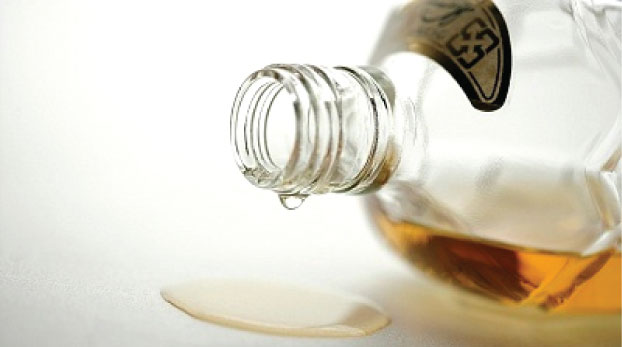The A-Z of Whisky
Whisky or Whiskey?
The correct spelling of the word whisky (or whiskey) is perhaps the most commonly asked question when it comes to this alcoholic beverage. So which one is the correct spelling? The answer is, well, both. Whisky and whiskey are both recognized spellings of the same word, but in the context of official usage, whiskey (with the ‘e’) is the spelling used for whiskeys made in the United States of America and Ireland. ‘Whisky’ is the spelling more commonly used in other countries where the drink is produced.
Glossary
Whisky Types
Here is a quick introduction to the main types of whisky in the world:
Blended Whisky – Whisky made from a mix of malt and grain whiskies
Blended Malt – Whisky made from a blend of only single malt whiskies
Single Malt – Whisky made using one type of barley from one source
Single Grain – Whisky made using one type of grain (other than barley) from one source
Bourbon – Whiskey made exclusively in the USA following a strict set of regulations
Rye whisky – Whisk(e)y made using rye as the base and not barley or other grains
Pure Pot Still – Whiskey made exclusively in Ireland using malted and unmalted barley
Key Terms
A quick rundown of the more specific terms associated with types of whisky:
Single Cask – A bottling done with one single cask of whisky compared to a batch of casks
Finishes – A style of whisky in which the whisky goes through ‘finishing’ in other casks (usually wine) for a period of time before bottling
Expression – Common term used to denote a particular release of a whisky
Official Bottling – A release of a specific whisky by the distillery itself
Independent Bottling – A release of a specific whisky by an independent company which sources whiskies from various distilleries and bottles them under its own name.
Peat – A raw material, made of plant matter, burnt to produce smoke to dry the barley. It is famous for giving whiskies their smoky profiles
Age Statement – The age reflected on the bottle, which denotes how old the whisky is. In Scotland, the law requires that the age on the bottle is from the youngest whisky used in the bottling.
Contributed by SGWhisky.
